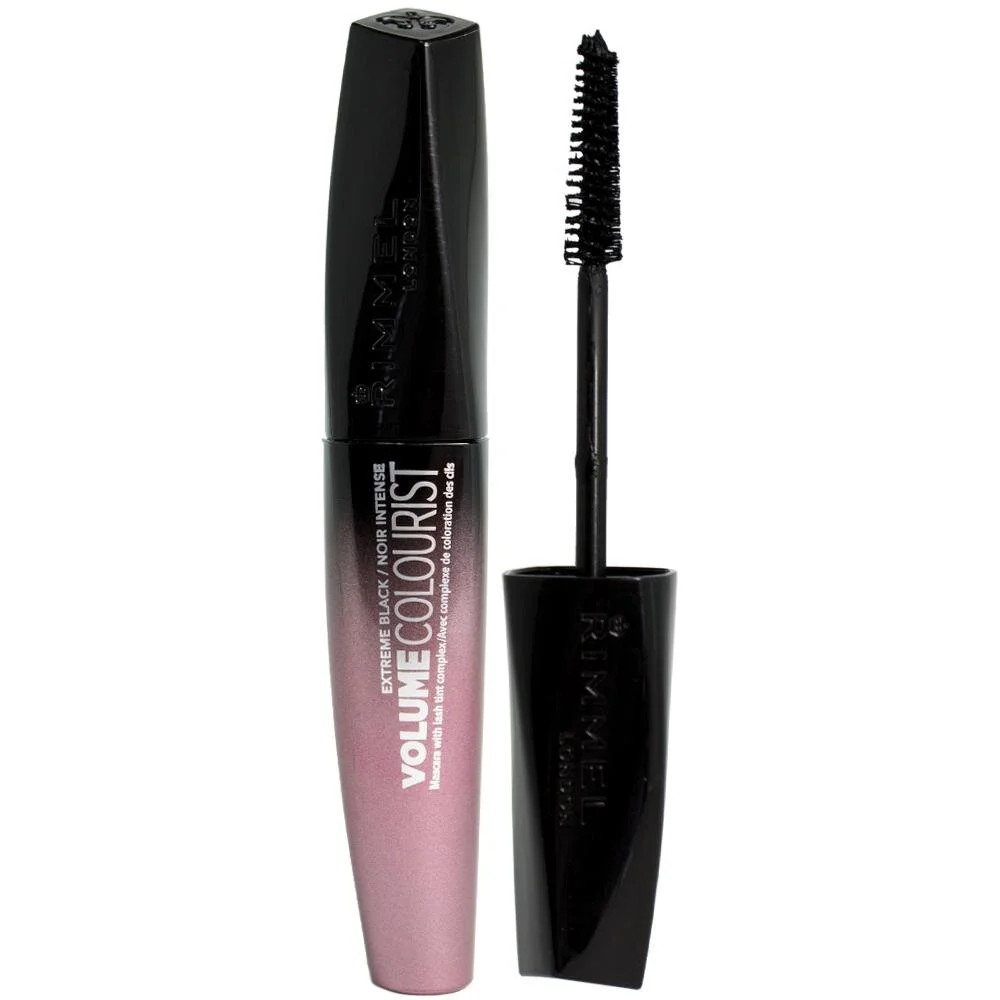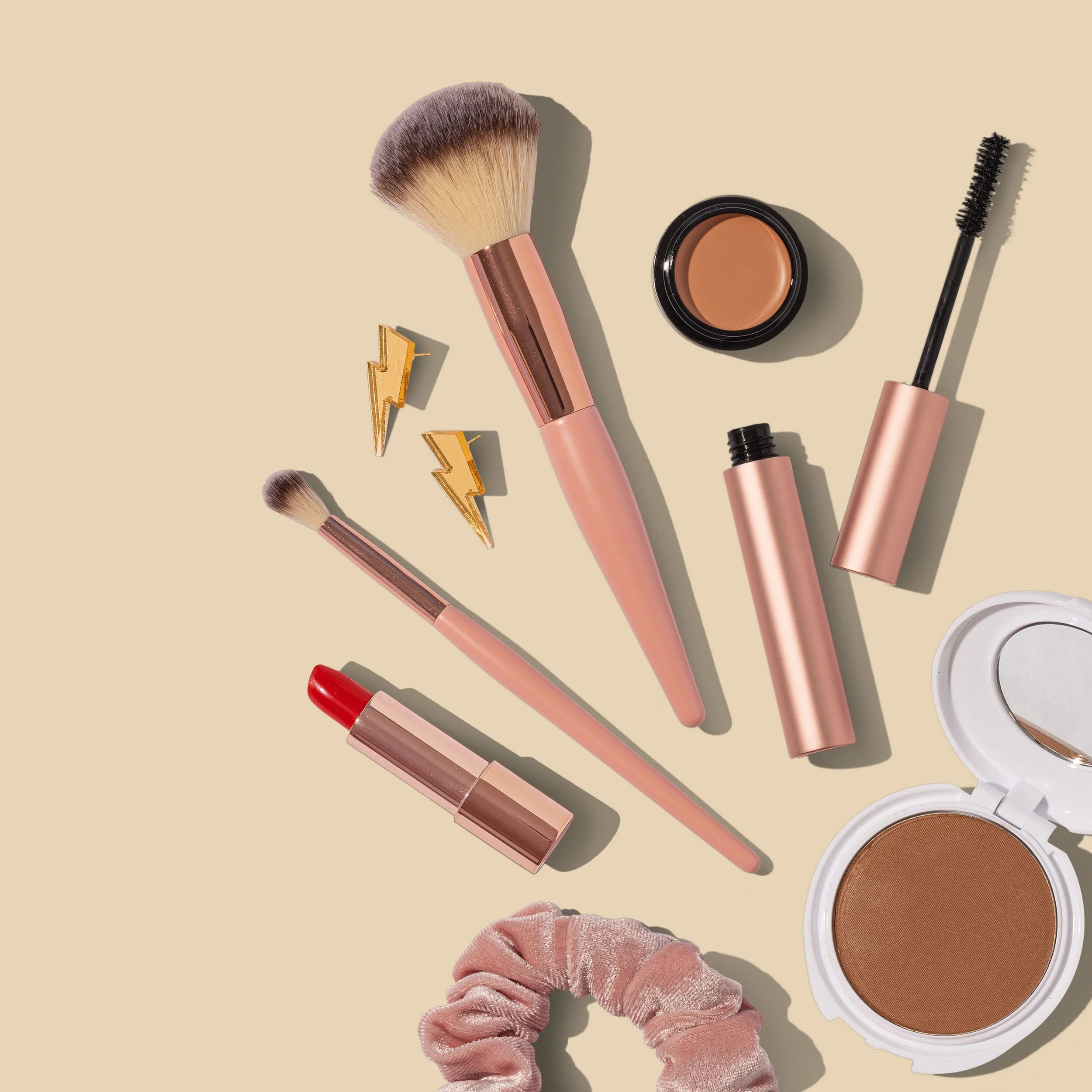Another week, another dangerous ingredient to look out for
A few weeks ago, the dermatology world was abuzz when it was revealed that an alarmingly high number of sunscreens tested were found to contain benzene—a potential carcinogen. And for the record, this is a two-pronged problem. First and foremost, personal-care companies may actually be harming their customers. Second, dermatologists have a hard enough time convincing patients to wear sunscreen (and enough of it), so this most certainly hampers their efforts. To navigate these findings, check out my story from a few weeks back.
Meet this week’s ingredient non-grata: PFAS. (Sounds like a standardized test, but it’s not.) The most common PFAS is Teflon, and I got rid of all my non-stick cookware a while back—so this is hardly something I want on my skin. PFAS are also commonly used to manufacture infection-resistant surgical gowns and drapes, cell phones, semi-conductors, commercial aircraft, low-emissions vehicles, carpeting and furniture. (Yuck.) Research has shown that these chemicals can accumulate in our bodies over time, and have been linked to cancer, thyroid disease, liver damage, decreased fertility and hormone disruption.
In fact, according to the study published in the journal Environmental Science & Technology Letters, 231 makeup products purchased in the U.S. and Canada and 53% were found to contain a high level of markers for these toxins. Even more, the study found some 88% of the tested products failed to disclose on their labels any ingredients that would explain those chemical markers, even though that is a requirement of the US Food and Drug Administration. (Big thumbs down there.)
Some of the highest levels of PFAS were found in foundations (63%), waterproof mascara (82%) and long-lasting lipstick (62%). The fact that these products are used on thin skin close to mucous membranes (which enhances their chances of penetrating the blood stream) makes it all the more concerning.
I haven’t been able to find a list of the products that tested positive for PFAS (I’m working on it), so my advice would be to take a closer look at everything in your makeup bag. If you haven’t already skewed more toward natural, clean products, this is a great time to start. (Kosas has some great starter bundles that cover all the basics—and I’ve actually tried and loved all of them.)
On the bright side, a bipartisan bill is being presented to the Senate today that would require the FDA to ban this family of ingredients in cosmetics and personal-care products—so let’s hope Democrats and Republicans can at least agree that PFAS has no place in our makeup. Stay tuned for updates!






